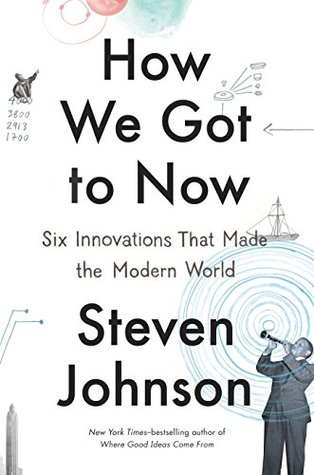More than anything else, though, industrial life needed clock time to regulate the new working day. In older agrarian or feudal economies, units of time were likely to be described in terms of the time required to complete a task. The day was divided not into abstract, mathematical units, but into a series of activities: instead of fifteen minutes, time was described as how long it would take to milk the cow or nail soles to a new pair of shoes. Instead of being paid by the hour, craftsmen were conventionally paid by the piece produced—what was commonly called “taken-work”—and their daily
...more
Welcome back. Just a moment while we sign you in to your Goodreads account.


